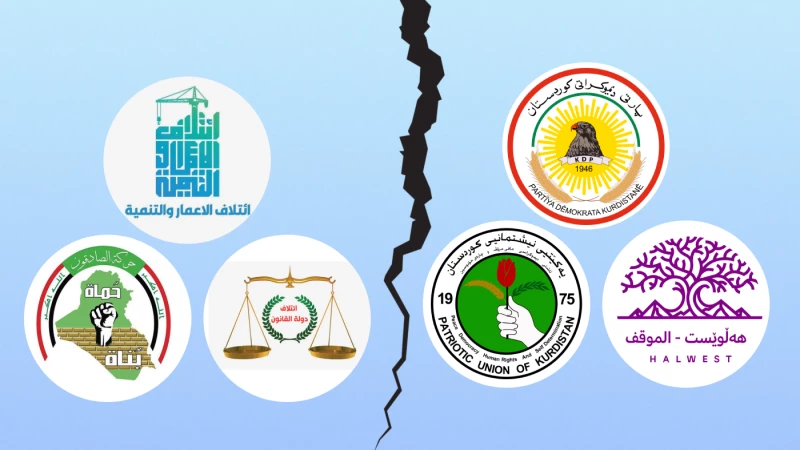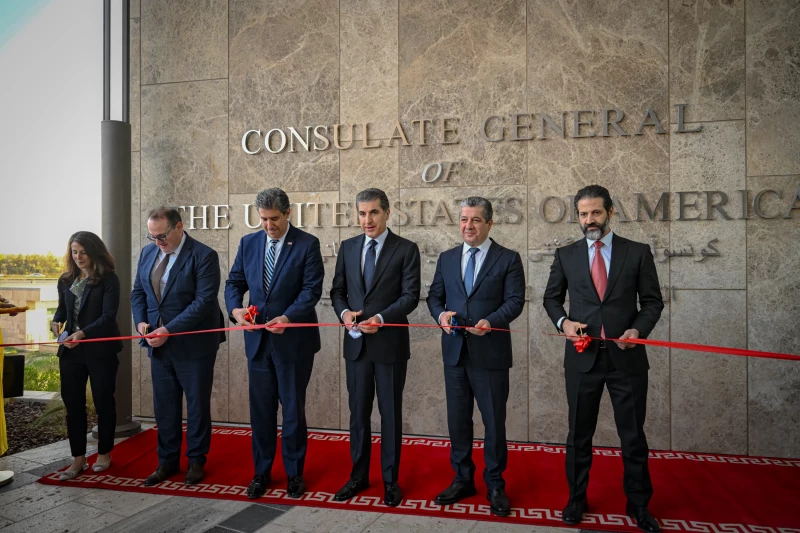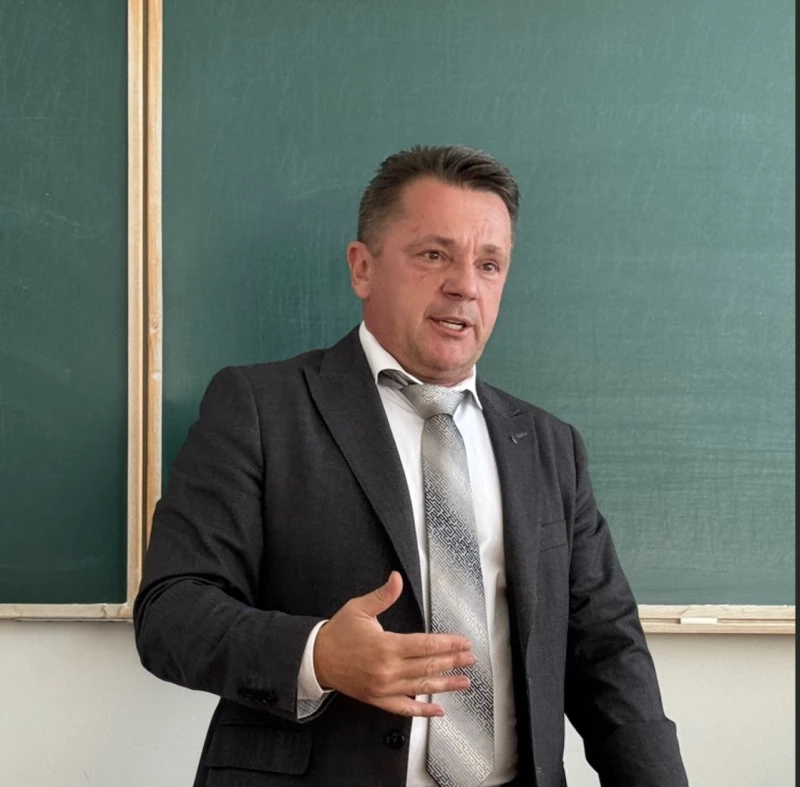With the return of bilateral meetings between Iraq and the global coalition forces, which were halted due to the American forces’ targeting of leaders in the Iraqi armed factions, the future of the relationship between Iraq and the coalition countries, most notably the US, has come to the fore once again. Iraq seeks to end the American military presence in the country but has no choice but to start calling it ending the mission of the global coalition, as it is the legal umbrella for the presence of US forces on Iraqi soil.
Even if Iraq is able to achieve the goal of ending the global coalition mission, “which came at an Iraqi request and will end at an Iraqi request,” as Prime Minister Muhammad Shia al-Sudani said, this matter may not mean the departure of US troops from Iraq because the relationship between the two countries will be subject to a new agreement.
However, Iraq is proceeding in any case to end the global coalition’s mission as quickly as possible, even if this goal does not mean an immediate exit of US forces after completing this mission.
What is most important for the Iraqi side is to contain the worsening crisis between the US forces and the armed factions that are pressing to remove American forces from Iraq as soon as possible, even if this is done through means other than dialogue.
The Supreme Iraqi Military Committee resumed its meetings with the global coalition forces on Sunday, to assess the military situation, the level of danger, the operational environment, and the capabilities of the Iraqi armed forces, according to a statement issued by the committee.
The military spokesperson to the Iraqi PM, Major General Yehia Rasool, explained in a statement that these meetings “will be based on formulating a timetable for a deliberate and gradual reduction leading to the end of the mission of the global coalition forces to fight ISIS and the transition to a bilateral relationship,” and that these meetings “will occur periodically.”
The meetings of the Iraqi military leaders has not stopped, as official sources reported that Prime Minister Sudani, in his capacity as Commander-in-Chief of the Armed Forces, continues to hold meetings with military leaders in the military institutions and security services, to find out the mechanisms for organizing the relationship with members of the global coalition in the event that the coalition’s mission in Iraq is terminated.
These meetings come against the backdrop of political and popular pressure from some Shiite forces on the Iraqi government to push for the removal of US forces following continued assassinations of leaders of armed factions, as these parties threaten to escalate if the government does not respond to their pressure to remove US forces.
However, those interested in Iraqi politics do not express optimism regarding the withdrawal of US forces from Iraq.
At the same time, they point out that the government is trying to buy time through dialogue to end the tasks of the global coalition, until a final picture of the nature of the relationship with the United States and its military presence is reached.
“The Iraqi government is currently thinking about one issue, which is how to relieve itself of embarrassment regarding the demands to end the American presence, and therefore it wants to expand the issue further towards the global coalition,” Iyad Al-Anbar, assistant professor of political theory at the college of Political Science at the University of Kufa told The New Region.
Anbar believes that the US "seems more clear on this issue, as it considers that ending the global coalition’s mission is a transitional step and not a step to end the American presence in Iraq."
Anbar pointed out that there are two basic problems related to the timing and how to redraw the relationship with the United States after ending the mission of the global coalition.
“These issues are not raised by the Iraqi government and are not clear to it until this moment,” he said.
Anbar warns against Iraq adopting the option of the United States’ exit, which will mean that “we will face a real problem in managing Iraqi funds,” as he described it.
He added, "The problem is not the American military presence. There is a bigger problem that the Iraqi political decision-maker must fully realize, which is related to how to manage Iraqi funds, which is linked to the nature of the relationship with the US”.
Discussions regarding the relationship with the US, although it is a serious sovereign issue, are perhaps a step closer than talking about the US bombing and violation of Iraq’s sovereignty.
“The government, from my point of view, is unable to finalize the issue of removing US forces from Iraq, and it is pushing towards ending the global coalition,” Ihsan al-Shammari, professor of public policy at the College of Political Science at the University of Baghdad told The New Region.
Shammari added that “the government wants to go towards bilateral agreements instead of the umbrella of the global coalition, that is, for Iraq to go towards concluding agreements at the governmental level in the fields of military, security, intelligence, armament, advisory and other cooperation, and these are agreements between governments that do not need parliament's approval.”
He believes that "the reaction of the armed factions will not contribute to the removal of the US forces that have announced a sustainable stay in Iraq and that they find that their stay in Iraq is linked to deterring Iran, deterring its allied factions, and protecting their interests and partners in the region.”
“The US will not leave Iraq, and if it goes towards exit during the next administration, such as with Trump as president or with someone else, this option will need several calculations and might have very large repercussions, and this matter will also lead to isolation at the political level,” he added.
According to Shammari, “since last August, the US informed the Iraqi delegation during its visit to Washington that there will be no withdrawal from Iraq, but it is possible for the US to work on formulating the new agreement based on the Strategic Framework Agreement.”

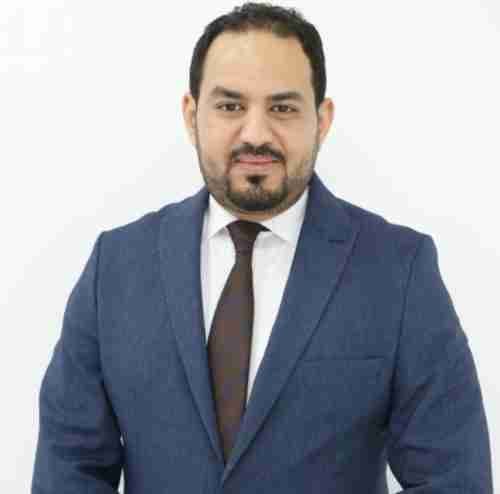
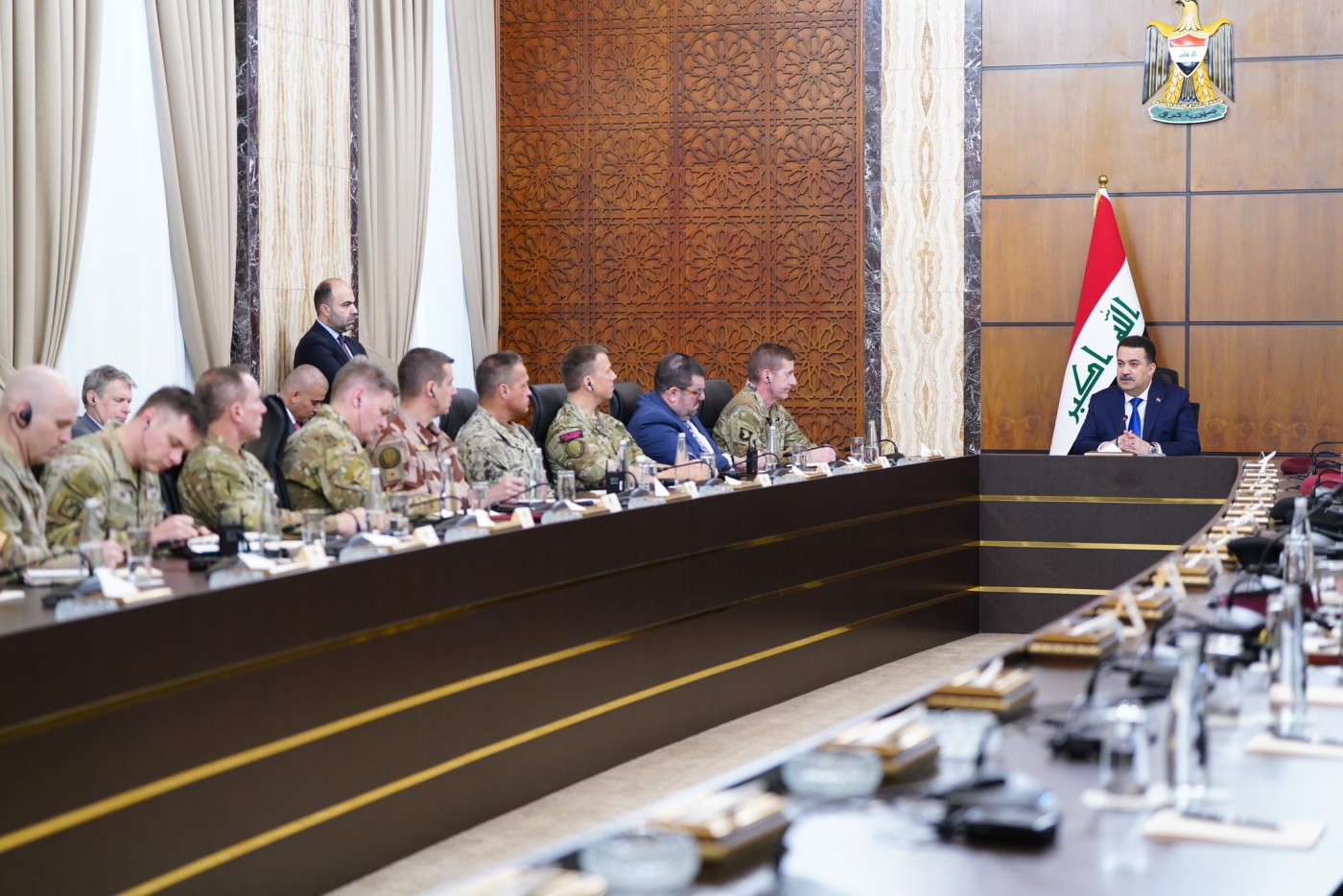
 Facebook
Facebook
 LinkedIn
LinkedIn
 Telegram
Telegram
 X
X
